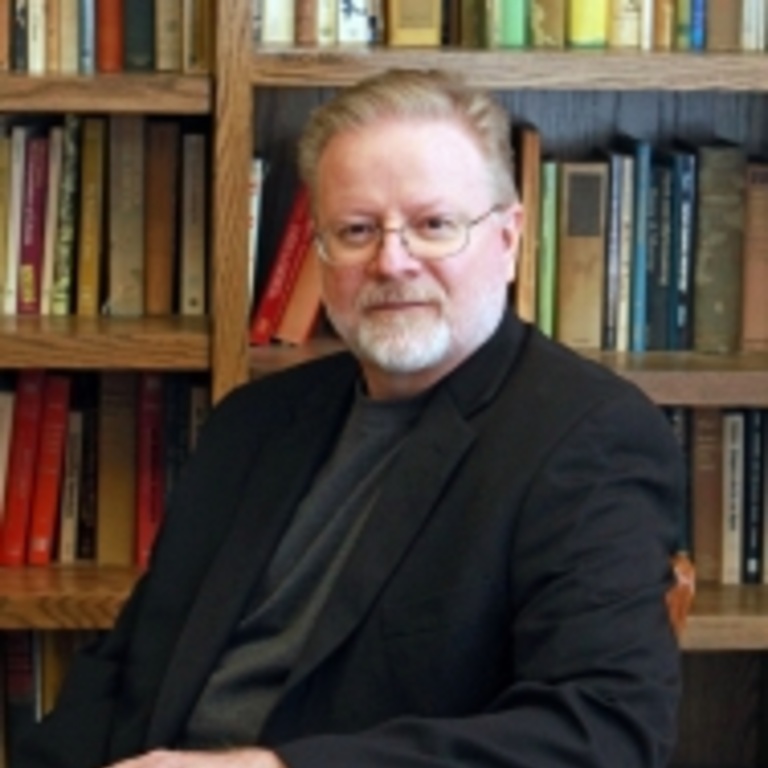Robert Franciscus, PhD
View Current CV View List of Publications
My research program focuses on the Middle and Later Pleistocene periods of genus Homo evolution. I am particularly interested in the evolutionary significance of the distinctive Neandertal craniofacial pattern and the possible developmental, biomechanical, and stochastic models underlying its evolution over time in Europe and western Asia. I am also interested in the origins of modern humans and the definitional problems associated with the concept of anatomical “modernity.” I have focused morphologically on the mid-facial region of the skull given the central role that the nasal capsule plays in the development of the hominid cranium in terms of respiratory function, but I have also extended the anatomical focus to ribs and overall thoracic anatomy in fossil humans given its functional tie to respiration as well.
My most recent collaborative project has focused on the idea of “self-domestication” as a driving mechanism for facial downsizing in modern humans stemming from decreased aggression and increased social tolerance compared to pre-modern “archaic” humans. This work has incorporated wolf, dog, and Russian Siberian fox skeletal comparisons with that of fossil humans. Previous collaborative projects have included analysis and description of the early modern Gravettian crania and mandibles from Dolní Věstonice (Czech Republic); the mid-face of the early modern Peştera cu Oase 2 cranium (Romania); and, the mid-face of the early Upper Paleolithic child’s skeleton from Lagar Velho (Portugal) controversially argued to show Neanderthal/early modern admixture. Other past collaborative projects have included: 3-dimensional modeling of bite force and efficiency in Neandertals and modern humans in order to test models of para-masticatory behavioral influences on Neanderthal facial form; assessment of craniofacial integration vs. modularity in living humans, chimpanzees and gorillas; and analysis of craniofacial growth modification in pigs via facial suture alteration.
Research Interests
- Human Paleontology
- Paleoanthropology
- Skeletal Biology
- Functional Morphology
- Human Variation
- Europe
- Near East
- Africa
Courses Taught
- Senior College Course (Spring 2016 The Human Evolutionary Odyssey)
- ANTH:1301 - Human Origins
- ANTH:3305 - Human Osteology
- ANTH:3306 - The Neanderthal Enigma
- ANTH:3307 - Modern Human Origins
- ANTH:3308 - Human Variation
- ANTH:4315 - Human Evolutionary Anatomy
- ANTH:5301 - Grad Seminar: Biological Anthropology
- ANTH:6505 - Grad Seminar: Paleoanthropology
Affiliations and Links
- Biological Anthropology
- European Archaeology
- Paleoanthropology
